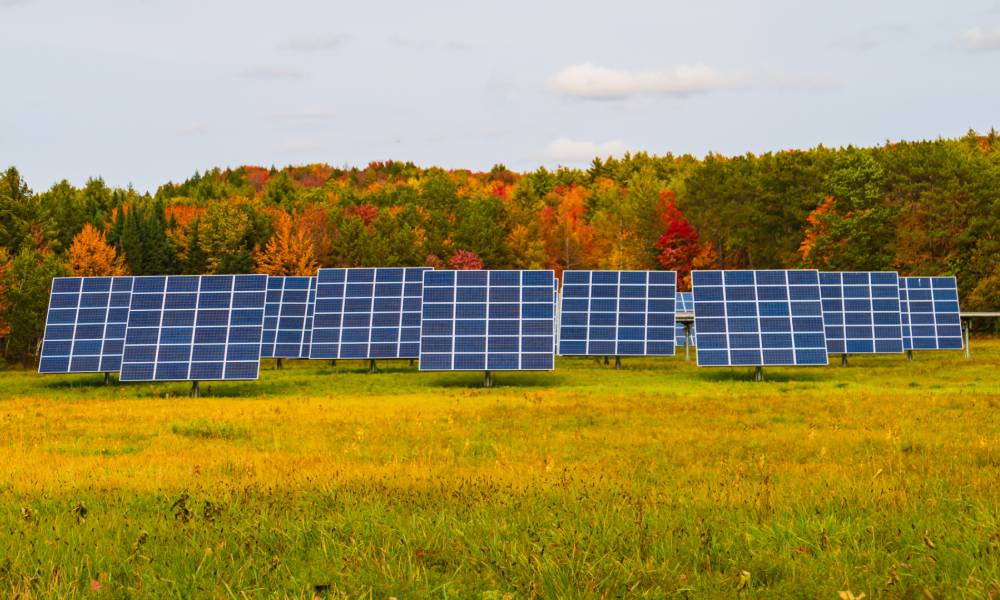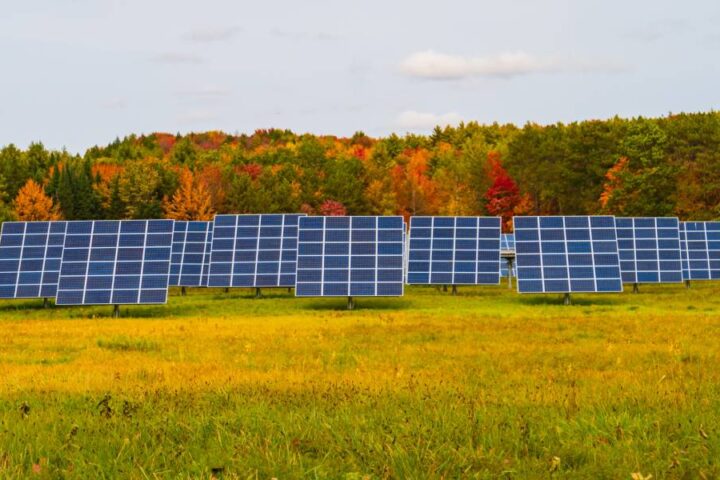In recent years, the agricultural industry has faced increasing pressure to adopt more sustainable practices. As the global population continues to increase, the need for sustainable agriculture has never been more critical. This shift is a necessary step to ensure food security, protect the environment, and support the livelihoods of future generations. Here, we’ll explore how the agricultural industry is becoming more sustainable, leading the world toward a renewable future.
The Push for Sustainability
The agricultural sector is a significant contributor to environmental issues, including deforestation, water scarcity, soil degradation, and greenhouse gas emissions. However, it also holds the key to solving many of these problems. By adopting more sustainable practices, players across the industry can reduce their environmental footprint, conserve natural resources, and enhance ecosystem health.
Innovations in Sustainable Agriculture
Several innovative practices and technologies are leading the way in making agriculture more sustainable.
Regenerative Agriculture
Regenerative agriculture goes beyond simply minimizing harm to the environment, aiming instead to actively improve and regenerate the land. Practices such as crop rotation, cover cropping, reduced tillage, and agroforestry increase biodiversity, enrich soils, improve watersheds, and enhance ecosystem services. These methods not only contribute to the health of the planet but also boost farm resilience and productivity.
Precision Farming
Precision farming leverages technology to optimize field-level management in regard to crop farming. By using GPS, soil scanning, data management, and IoT devices, farmers can make more informed decisions about planting, fertilizing, and harvesting. This approach maximizes efficiency and productivity while minimizing waste and environmental impact.
Water-Efficient Practices
Water scarcity is a pressing issue worldwide, and the agricultural sector is by far the largest consumer of freshwater resources. Innovative irrigation techniques such as drip irrigation and the use of drought-resistant crop varieties are helping farmers reduce water usage. Additionally, practices like rainwater harvesting and the reuse of treated wastewater ensure more sustainable water management.
Organic Farming
Organic farming excludes the use of synthetic fertilizers, pesticides, and genetically modified organisms, relying instead on natural substances and processes. Furthermore, by using biodegradable lubricants in agriculture, farmers can reduce the amount of emissions they create. This approach fosters soil health, reduces pollution, and conserves water, making it a key component of sustainable agriculture.
The Road Ahead
The transition to sustainable agriculture is a complex and challenging endeavor that requires the commitment of all stakeholders, including farmers, businesses, governments, and consumers. Investment in the research and development of sustainable technologies and the implementation of policies that support sustainable farming practices are crucial to advancing this movement.
Building Resilient and Environmentally Friendly Food Systems
The agricultural industry’s shift toward sustainability is not only about producing food in more environmentally friendly ways but also about creating a more equitable and resilient food system. By learning how to become more sustainable, we can ensure the agricultural industry thrives for generations to come, providing healthy food for all while protecting the planet.









